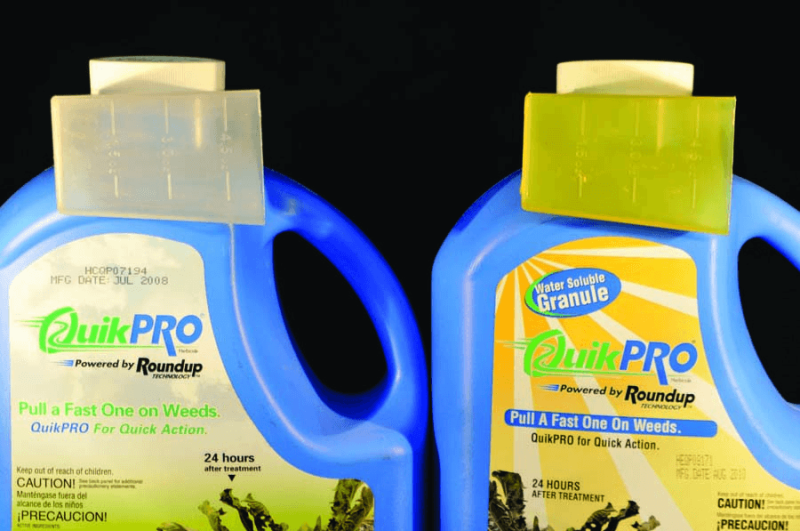Officials of Monsanto and their attorneys decided to pay off a St. Louis plaintiff, a professional landscaper who sued them claiming their weed killer QuikPRO caused him to develop Non-Hodgkin’s Lymphoma, a cancer of the white blood cells.
Plaintiff Brian Glasser on behalf of client Nathan Evans said the amount of the settlement is confidential.
The St. Louis lawsuit was different than earlier trials involving a similar Monsanto product, Roundup. The alleged cancer cause this time was QuikPRO, a weed killer like Roundup but stronger, industrial strength, used by landscapers and gardening companies.
…
Attorneys for both sides based their positions on selective studies. Plaintiff attorneys cited a 2015 finding by the International Agency for Research on Cancer (IARC) that glyphosate is a “probable” carcinogen. Defense attorneys countered citing the Agricultural Health Study, an ongoing examination of farming related factors. An addendum to the study called the Andreotti paper in 2018 said there was no proven link between glyphosate and lymphoma.
[Evans’ attorney David] Wool called that finding “flawed.” [Monsanto attorney Philip S.] Beck said IARC was not a real regulatory agency like the EPA, but simply a gathering of officials who met briefly in Europe and only gave glyphosate a cursory look. He said that meeting overreached, condemning as potentially harmful everything from baloney sandwich meat to working late-night hours.






























